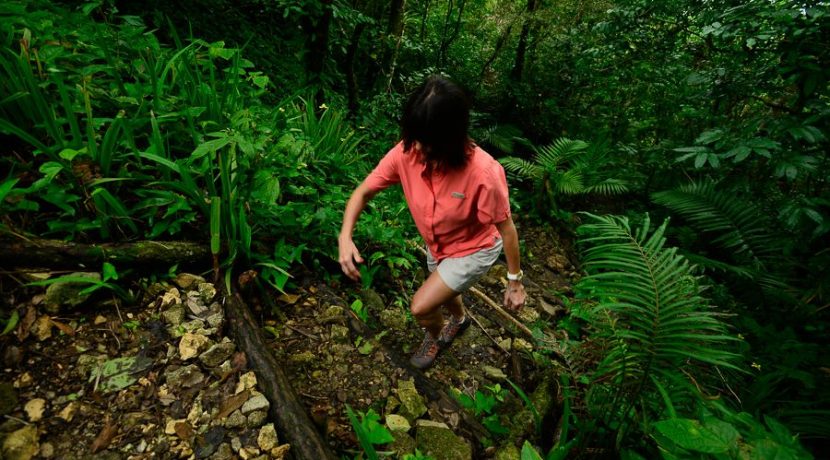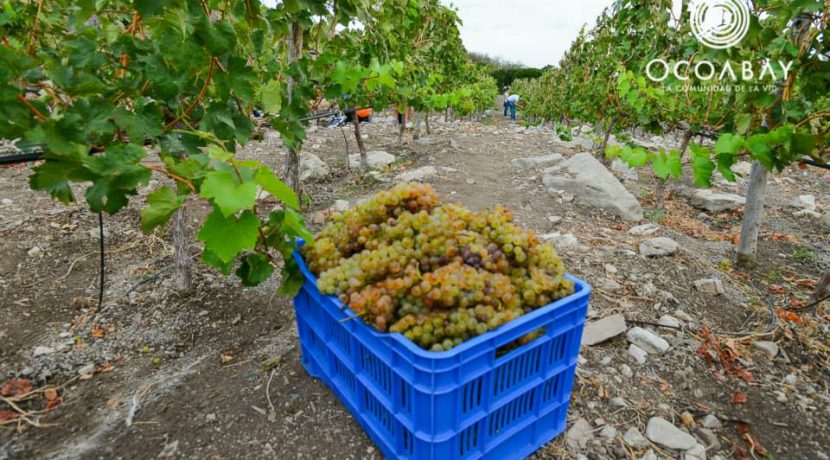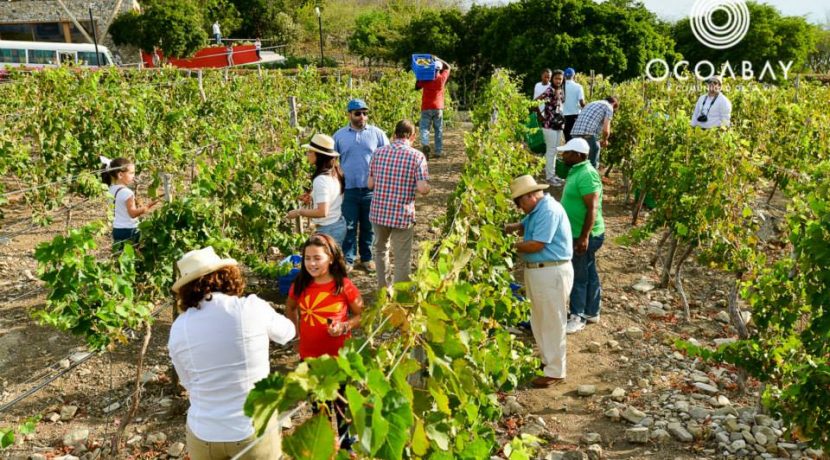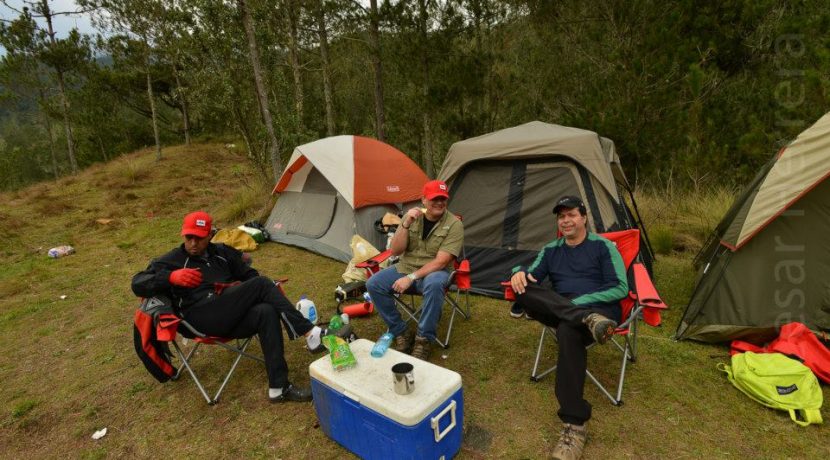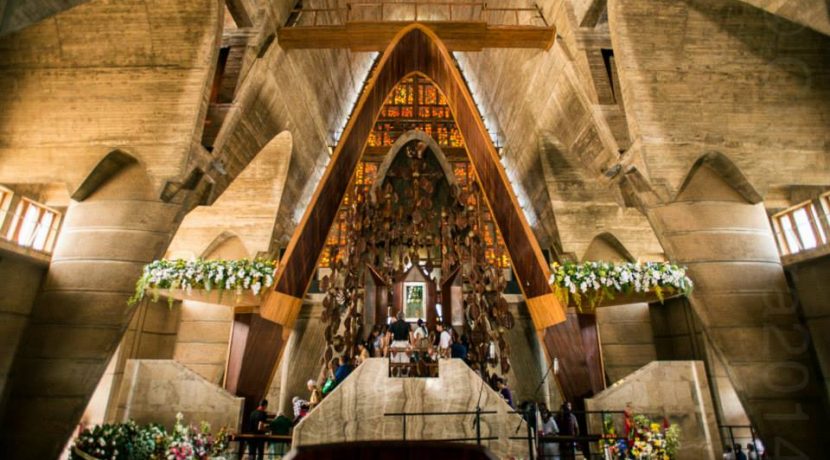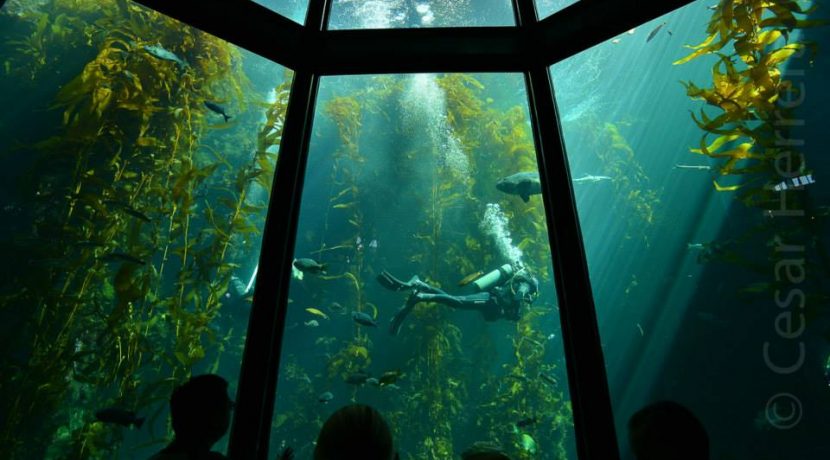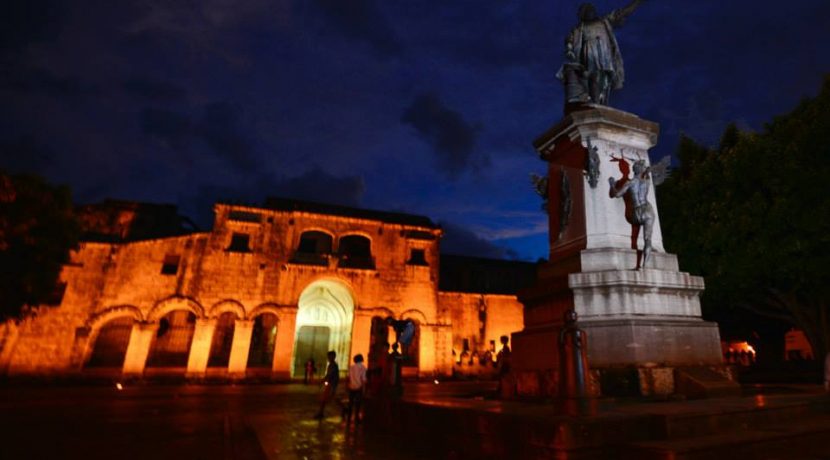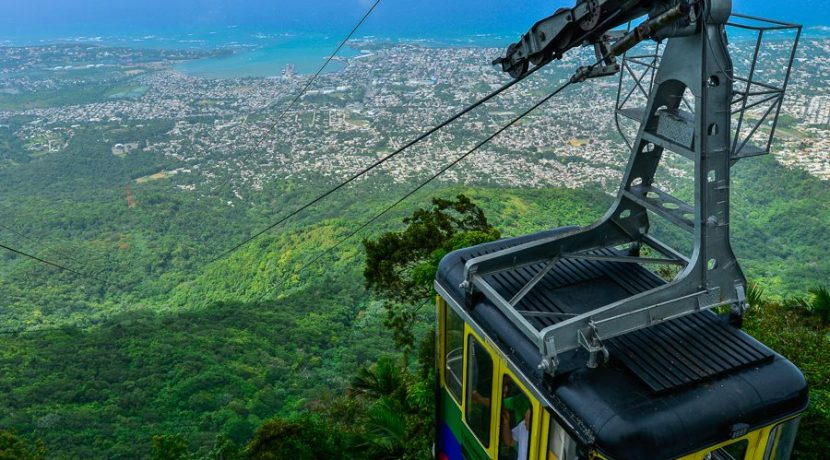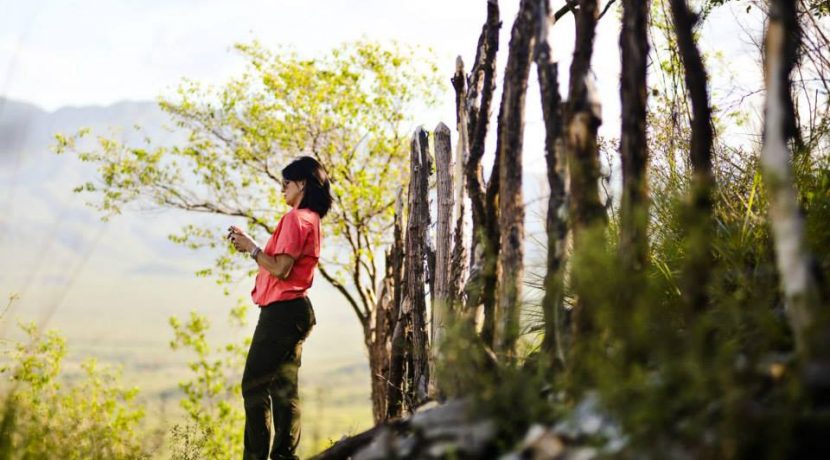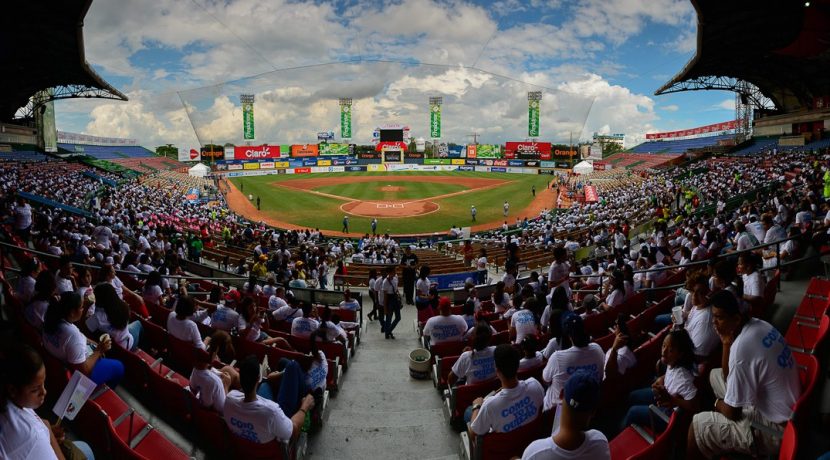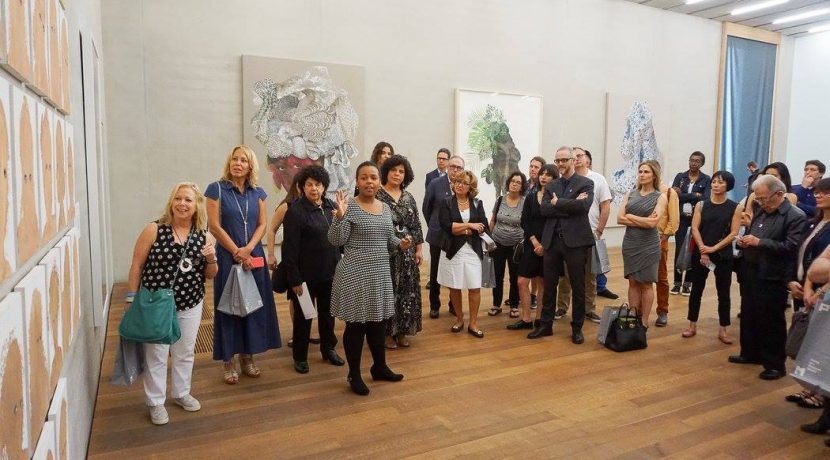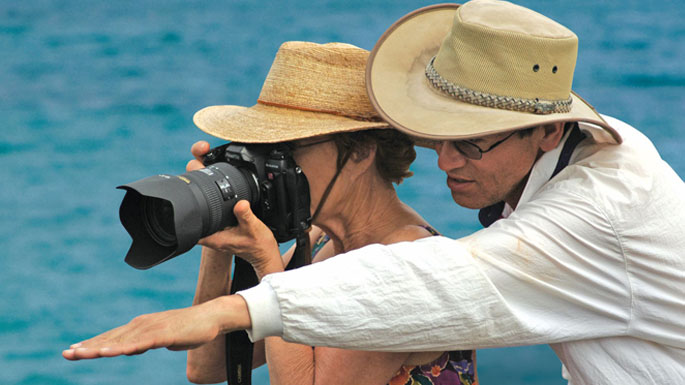Written by EDSA, extract from eReach – August 2016
Among affluent travelers, there is a general self-consciousness about over-indulgence and a move towards conscientious consumption. In terms of travel choices, luxury is no longer being defined by the degree of elegance, rather by the quality, authenticity, and personalized enrichment of the guest’s experience. It’s about appreciating the provenance of a place and its unique qualities.
Successful design must be embroidered with the classic comforts that today’s luxury travelers appreciate. It is not enough to simply arrive at an opulent destination – guests want to learn from local experts with intimate, lifelong knowledge of the area, and leave with a new understanding of daily life in another part of the world. Whether a journey includes a chef’s rooftop garden where guests enjoy tea with lavender honey harvested from onsite beehives, or working alongside one of the world’s great photographers on a safari tour, guest experiences must be true reflections of both the land and local culture.
Designers are enhancing the luxury guest experience by crafting unique stories for properties derived from its locale. Moving away from themed architecture intended to transport guests to different places and times, destinations now focus on more natural environments. The use of indigenous materials, paintings and sculptures by local artists, and custom-designed furnishings with residential aesthetics exude warmth and hospitality. Polished brass and shiny chrome are out, while natural stone and wood are in.
While the needs of the guest remain the number one concern, the needs of the environment also continues to gain priority. Discerning travelers want to visit places where they are comfortable and the hotel fits in with its surroundings – not just physically but in all sensitivities. Travelers are increasingly aware that some of the world’s most naturally spectacular environments are luxuries that need to be protected if we are to share them with our children and generations to come. In response, leading luxury hotel companies see the coming years as an opportunity to intensify their commitments of caring for the communities and environment in which they work. The use of solar and geothermal energy, water recycling and wastewater treatment, sustainable building materials, and organic landscape management practices can provide a distinctive edge. Guests enjoy having a narrative behind their stays and sharing “what makes a destination green” is one way to tell the story and differentiate a property in a meaningful way.
Across all these dynamics, people are choosing authenticity over glamour and experiences over acquisitions. Luxury has become a realm of feelings, memories, and the value of time well spent with a partner or with the family. It’s no longer just a matter of expensive finishes, or meaningless sparkle. Meeting interesting people, absorbing the local culture, experiencing the authenticity, inspiration and contextual sustainability represent the luxury goods of tomorrow. For more information on our current hospitality works, please reach out to us at info@provaltur.com
Explore our Blog



